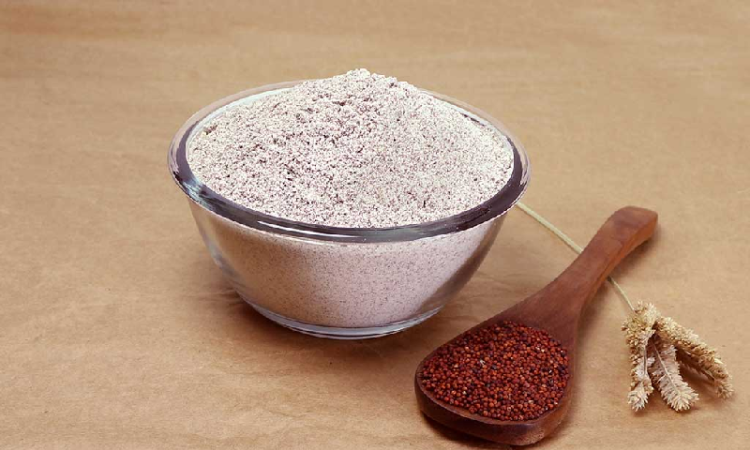
Did you know that organic flour is healthier than conventional flour? Organic flour is made of whole grains that are grown without the use of synthetic pesticides, fertilizers, and other additives. It has not been processed or bleached, which means it retains all its beneficial nutrients. Here are some health benefits of organic flours you should know about:
Does organic flour make a difference in baking?
Yes, because of its higher nutritional value and flavor. It also has a better texture than conventional flour, making it ideal for baking. You can use it for baking bread, cakes, muffins, and other sweet treats.
This is the best flour since it is a beneficial food you can add to your diet. It contains more nutrients and fewer harmful contaminants than conventional flours. Organic flour is also higher in fiber than conventional flour. This means it can help you stay full for longer, helping prevent overeating and cravings. It can also aid digestion and reduce the risk of certain diseases such as diabetes, cardiovascular disease, and certain types of cancer.
Organic flour also contains essential vitamins and minerals like calcium, iron, magnesium, and phosphorus. These nutrients are important for development, growth, and overall health. Finally, organic flours can help reduce environmental impact because they’re grown without synthetic pesticides, fertilizers, and other additives. This means that organic farming practices are more sustainable and eco-friendly than conventional farming methods.
Overall, the health benefits of organic flours should not be overlooked. They can help to improve your physical and mental health while also helping support a sustainable agricultural system. Consider adding organic flour to your pantry if you want healthier baking choices.
You’ll be surprised at how much of a difference it can make in your recipes and overall health. Try incorporating it into your baking routine today!
Here are just a few of the health benefits that organic flours offer:
- Higher Nutrient Content
Organic flours generally have higher levels of vitamins, minerals, and antioxidants than conventional flours. This means that they can help to provide your body with essential nutrients and help support healthy functioning.
In order to function properly, your body needs certain minerals, such as zinc and magnesium. Organic flours are rich in these minerals, making them a great addition to your diet.
- Lower Risk of Pesticide Exposure
Organic farming methods involve only natural fertilizers and pest control products instead of synthetic chemicals that can be found in conventional flours.
This means that organic flour is less likely to contain harmful pesticides and other potentially toxic contaminants. This can help reduce your risk of exposure and potential health risks associated with consuming these chemicals.
- Better Digestive Health
Organic flours contain higher levels of dietary fiber than conventional flours, making them easier to digest. Studies suggest that dietary fiber can help improve digestive health by promoting healthy bacteria in the gut and reducing inflammation.
- Lower Levels of Potentially Harmful Chemicals
Organic flours do not contain bleaching agents, preservatives, or other potentially harmful chemicals that can be found in conventional flours. This means that organic flours are less likely to cause adverse health effects.
By including organic flours in your diet, you’ll be able to take advantage of all the health benefits they offer. They’re an excellent source of nutrients, lower pesticide exposure, and promote better digestive health. Switching to organic flours is a great way to help improve your overall health.

